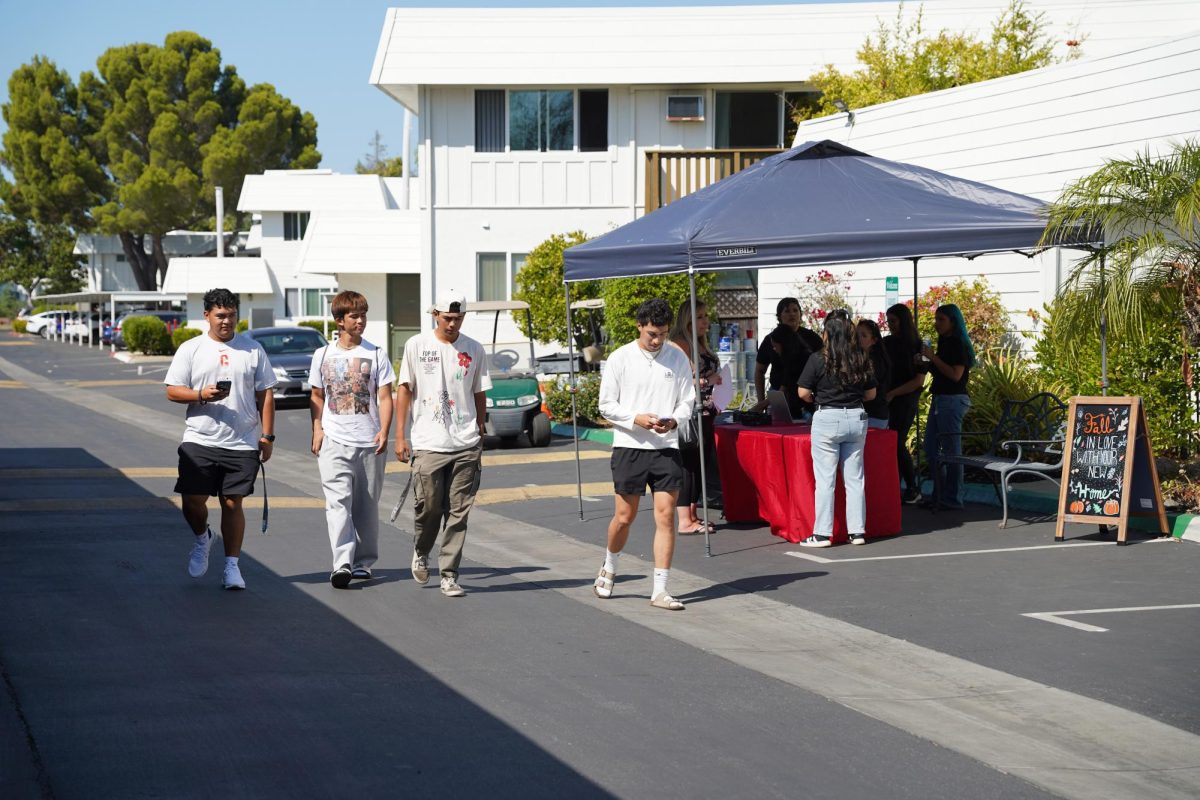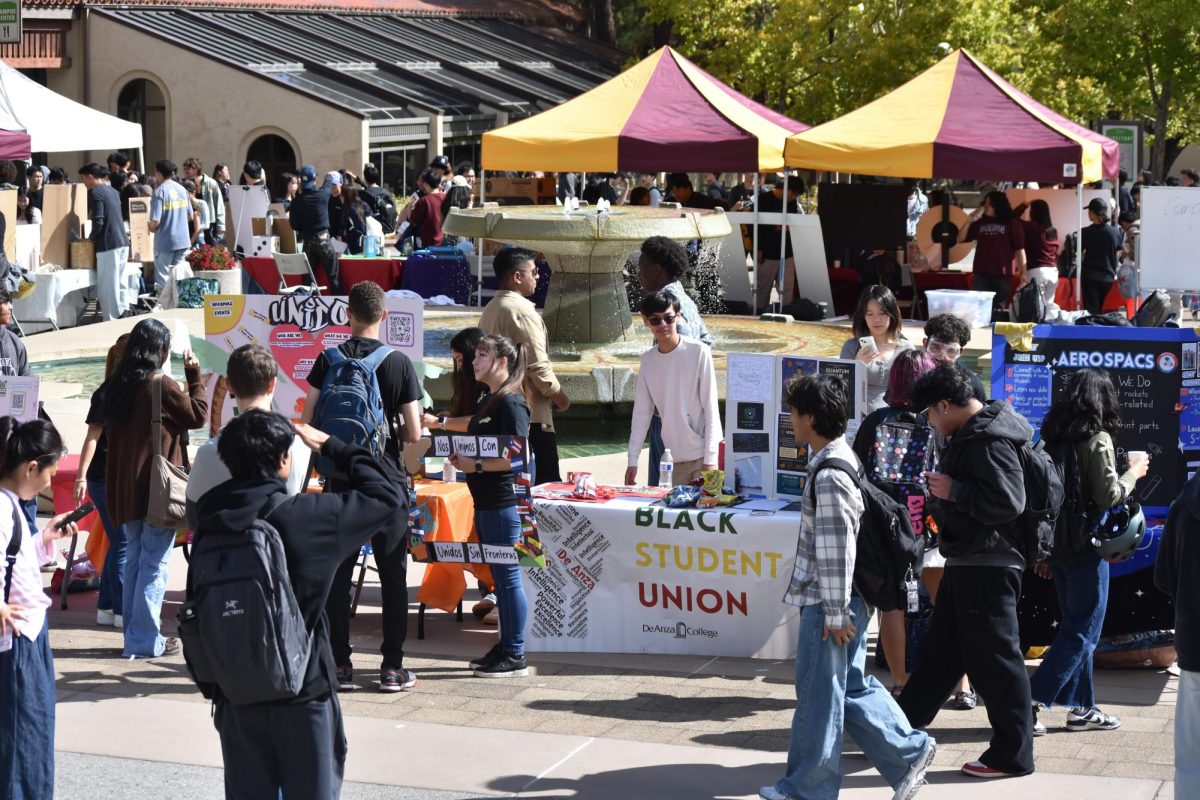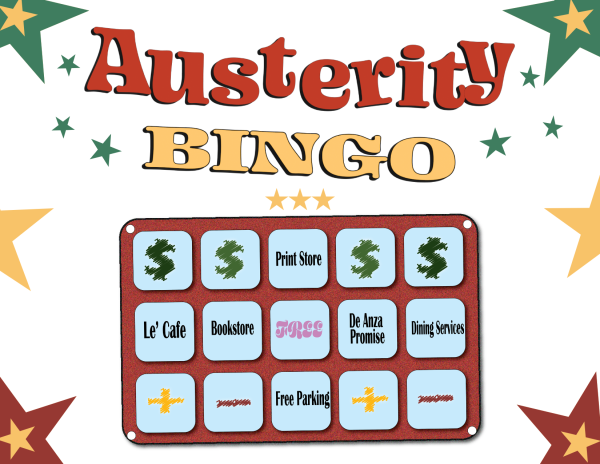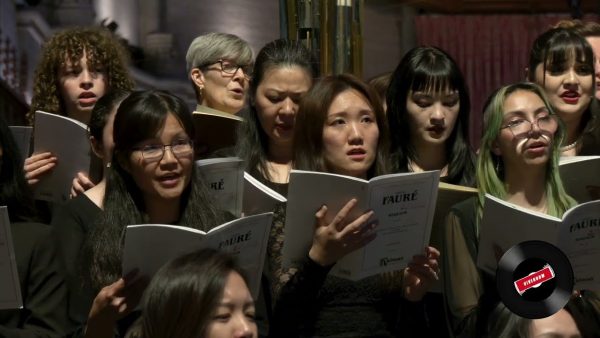Banning books threatens First Amendment rights
April 21, 2015
“To Kill a Mocking Bird,” “The Call of the Wild” and “The Lord of the Rings” may seem like very different books, but all three have something in common. They have been banned at one point or another.
De Anza students and faculty find the idea of banned books strange in the land of freedom. A display in the De Anza College library illustrates just that.
“As a librarian, I don’t advocate the banning of any book,” said De Anza librarian Lena Chang.
Despite opposition from free-speech organizations, the American Library Association’s website has a form that anyone can fill out in order to challenge or ban a book.
Forms submitted to the ALA website are reviewed by the Office for Intellectual Freedom, which then decides if a book should be banned or not.
Reasons can range from ethnic insensitivity to political and religious viewpoints.
“Don’t we live in a democracy?” said Anita Emama, 22, bioscience major. “I think that falls under freedom of speech.”
Retired librarian, Pauline Yeckley, established the banned book display and Chang took it over to keep students and faculty aware.
“Pauline did this beautiful display with little summaries of why each book was banned,” Chang said. “I’m carrying it on.”
The display is meant to keep students and staff aware of banned books, and to celebrate the concept of free speech.
“People should be able to write and people who want to read it should be able to have access,” Emama said.
Difference of opinion and the ability to express these reasons without censorship are the core of the First Amendment.
“It’s hard to eliminate one hundred percent of bias because people will always have a little difference of opinion,” said Minu Ambashta, 19, accounting major. “Even if it’s a little, it’s still there.”
Banning and removing books from the shelves of libraries has been done throughout history for a variety of reasons, though it has rarely been easy.
“I don’t really see why books should be banned at all,” said Ambashta.
National Banned Book Week occurs each year, but each quarter, the De Anza library displays banned books to show the importance of freedom of speech.
























